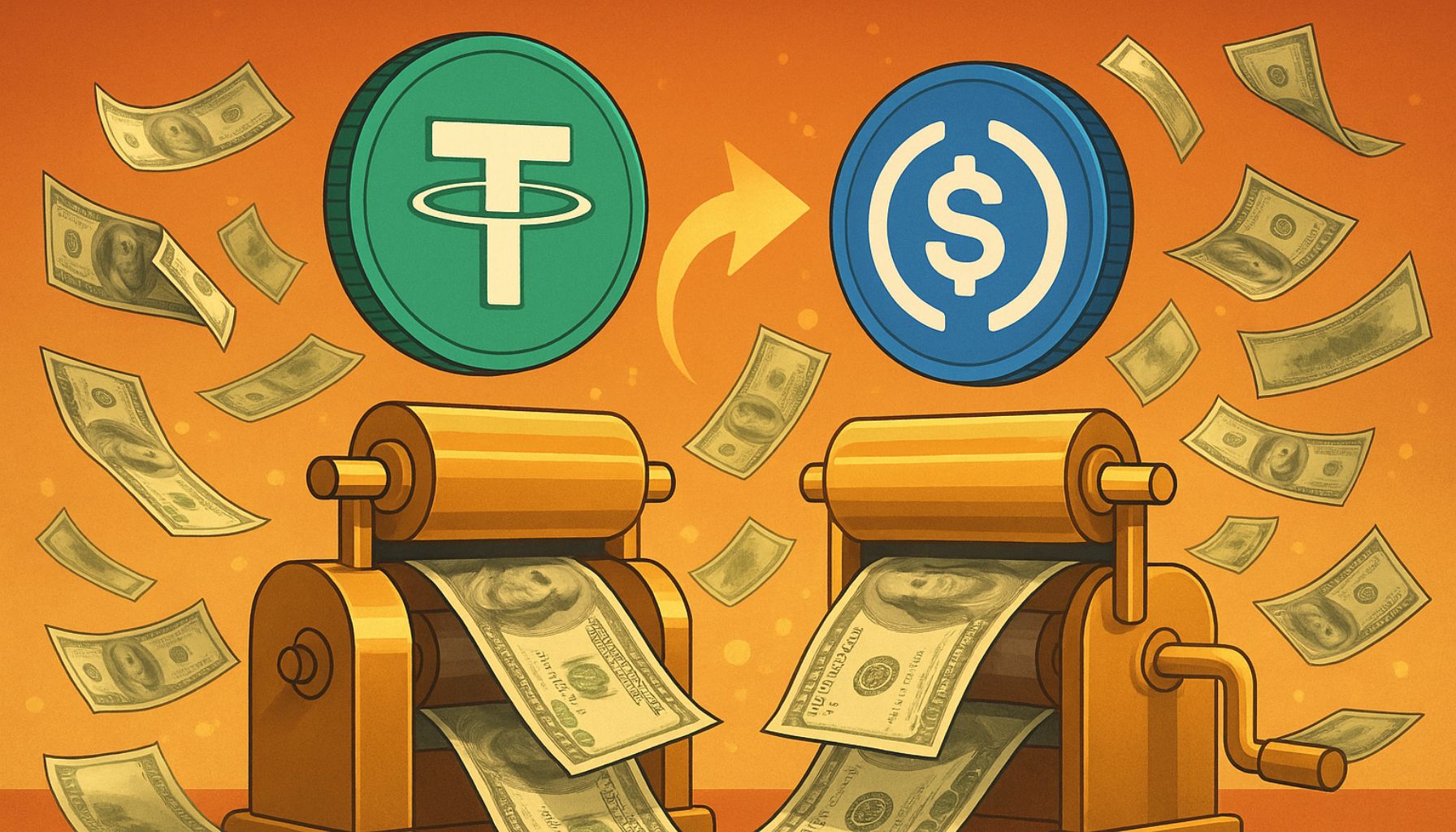Opinion by: Bill Repasky, lawyer at Frost Brown Todd LLP
With greater than 55 million Americans now utilizing cryptocurrency of their each day lives, cryptocurrencies have develop into an integral part of our nation’s monetary system.
Just like conventional ATMs, tens of hundreds of digital foreign money kiosks — also called Bitcoin ATMs — have popped up in communities across the United States to help cryptocurrency transactions, from changing money into crypto to purchasing and promoting cash. The passage of the GENIUS Act might enlarge the general public’s demand for Bitcoin ATMs as stablecoins are launched.
Unfortunately, as with all new know-how, scammers have discovered tips on how to use these instruments to commit fraud. Hoping to guard residents, some localities have responded by banning these kiosks altogether.
This isn’t a sensible or efficient resolution — and it presents an actual menace to all customers and operators inside the cryptocurrency ecosystem.
Thankfully, there are higher, confirmed methods to fight crypto scams that protect this necessary monetary infrastructure.
The rise of crypto ATM scams
Many crypto ATM scams contain persuasive criminals masquerading as authority figures, luring their victims into pondering they should urgently hand over giant sums of cash by way of cryptocurrencies like Bitcoin to keep away from jail or another disaster. The FinCEN Notice of Aug. 4, 2025, FIN-2025-NTC1, explores widespread fraud schemes intimately.
These scammers trick susceptible individuals into changing fiat cash into cryptocurrency on the kiosks, usually immediately into the scammer’s pockets — an motion that’s irreversible and infrequently untraceable.
When introducing the Crypto ATM Fraud Prevention Act, for instance, Senator Dick Durbin relayed a narrative of a constituent who was tricked by a felony impersonating legislation enforcement into making a $15,000 deposit at a crypto ATM.
According to the FBI’s 2024 Internet Crime Report, there have been greater than 10,956 complaints of crypto ATM fraud totaling $246.7 million in losses final 12 months — a 99% and 31% enhance from 2023, respectively. While that is only a small part of the $12.5 billion shoppers misplaced to monetary fraud in 2024, it’s clearly a rising drawback that must be addressed.
The drawback with blanket bans
Spokane, Washington made waves when it banned crypto ATMs fully, a transfer town council claimed would assist defend residents and stop fraud.
This technique is very like banning e-mail to remove phishing makes an attempt or prohibiting aged individuals from shopping for present playing cards to maintain them from falling into the arms of scammers.
Fraud is finally profitable as a result of it exploits human vulnerabilities, not due to anyone know-how. Banning crypto ATMs, moderately than specializing in methods to mitigate the chance of scams, will simply lead victims to finish the fraudulent transaction in different methods.
Practical options for minimizing fraud
Intercepting the rip-off on the level when a sufferer is about to finish the transaction is commonly a simpler resolution — that means crypto ATMs could be a key instrument for stopping fraud. This includes warning customers that they need to not have interaction in transactions with individuals posing as legislation enforcement or different trusted people. It also can imply informing customers that cryptocurrency transactions can’t be reversed and are sometimes untraceable. Providers also can supply tailor-made warnings of bizarre exercise primarily based on person profiles.
Related: Crypto ATM limits and bans sweep throughout US: Here’s why
These kinds of interventions have confirmed profitable with different kinds of monetary fraud, like wire transfers and even common ATM withdrawals. Reputable crypto ATM operators are already staying abreast of the most recent scams and person preferences, utilizing their experience to implement efficient fraud prevention ways whereas nonetheless serving prospects’ banking wants.
State regulators also can play a vital function, making licensure for crypto ATMs conditional on implementing efficient fraud warning guidelines and protocols for person interactions. These uniformly enforced rules will compel operators to compete for enterprise by offering a superior person expertise, moderately than compromising on security.
Some legislators are even taking this strategy proactively, earlier than locals encounter fraud. For instance, the city of Grosse Pointe Farms, Michigan preemptively put in place registration and warning necessities on crypto ATMs (despite the fact that there aren’t any within the city but), which town council mentioned would supply “a bit of little bit of assist” and transparency for residents, particularly those that is likely to be unfamiliar with cryptocurrency or unaware of widespread scams.
Protecting shoppers, unleashing innovation
Blanket bans on digital foreign money kiosks won’t ever resolve the age-old fraud drawback. Scammers will discover different methods to achieve their victims, however the tens of millions of cryptocurrency customers across the nation will lose entry to this necessary monetary infrastructure.
Instead, involved regulators ought to encourage ATM operators to leverage confirmed fraud prevention methods to interrupt fraudsters and defend potential victims from making a mistake. These instruments supply a better strategy, one which each protects shoppers and preserves the thrilling potentialities of cryptocurrency.
Opinion by: Bill Repasky, lawyer at Frost Brown Todd LLP.
This article is for normal info functions and isn’t supposed to be and shouldn’t be taken as authorized or funding recommendation. The views, ideas, and opinions expressed listed here are the writer’s alone and don’t essentially mirror or characterize the views and opinions of Cointelegraph.









